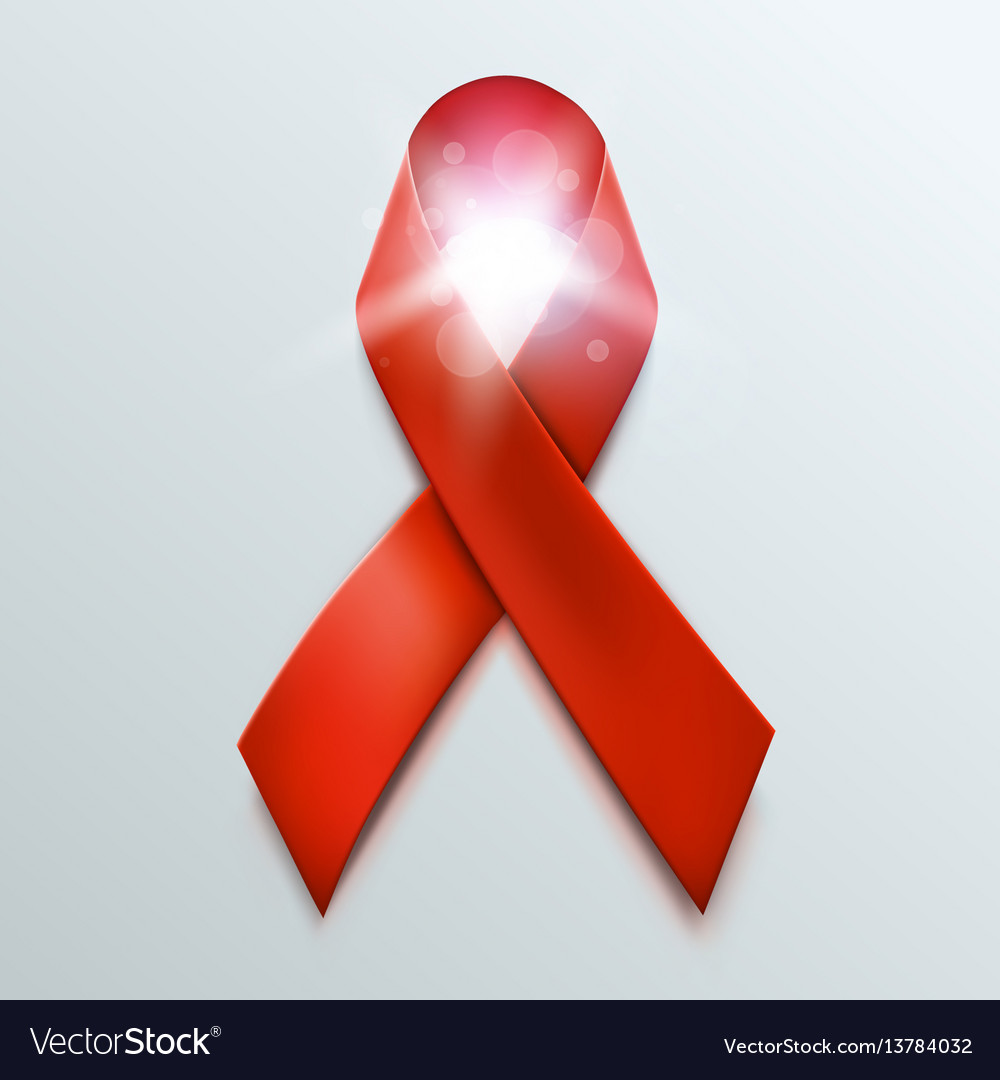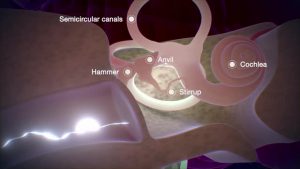
The new vaccine to prevent the HIV virus, which causes AIDS, has responded amid fears and doubts about the corona vaccine. The inventors claim that the success rate of the drug in human trials is 96 percent. According to them, this HIV vaccine has succeeded in awakening a very rare group of immune cells (‘immune cells’) in 96 percent of the cases. These rare cells of the body’s natural immune system play a key role in building a strong defense against the HIV virus in the human body.
Read more: Increased risk of coronary heart disease in coronary heart diseaseresearch
The new vaccine was jointly developed by scientists at the Scripps Research Institute in San Diego, USA, and the International AIDS Vaccine Initiative (IAVI), a non-profit HIV vaccine company. The Scripps Research Institute said on Wednesday that the vaccine had been administered to 48 people in the first phase of testing in humans. The results of the study were announced at the International AIDS Society’s Virtual Conference on HIV Research for Prevention.
The Scripps Research Institute also said it was considering using Messenger RNA (MRNA) technology to make the new vaccine faster. Researchers are set to sign an agreement with Modern, a US vaccine manufacturer, to develop a new AIDS vaccine in that technology.
Following the discovery of the HIV (‘Human Immunodeficiency Virus’) virus in the 1980’s, a number of vaccines were tested on humans to prevent the virus. Sometimes the test is done by combining two types of HIV vaccines. But the success rate of any test on humans was not more than 31 percent. The validity of the vaccines could not be more than one year. As a result, the vaccine has not been approved by the World Health Organization or any other international regulatory body.
SourceKaler Kantho
NH, 09 April






